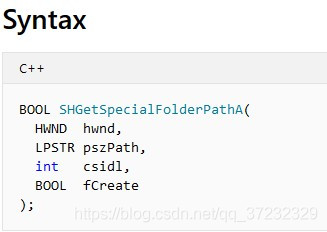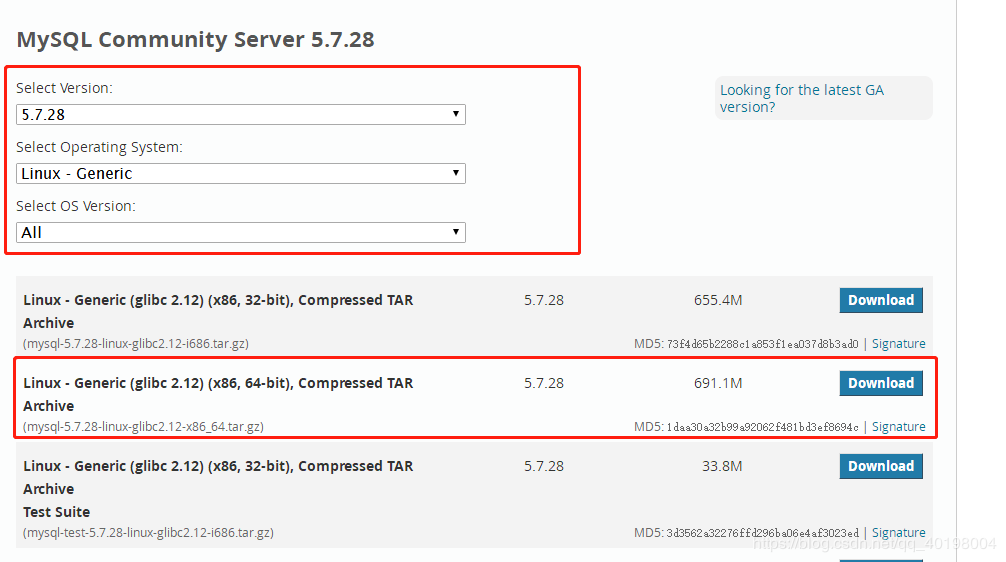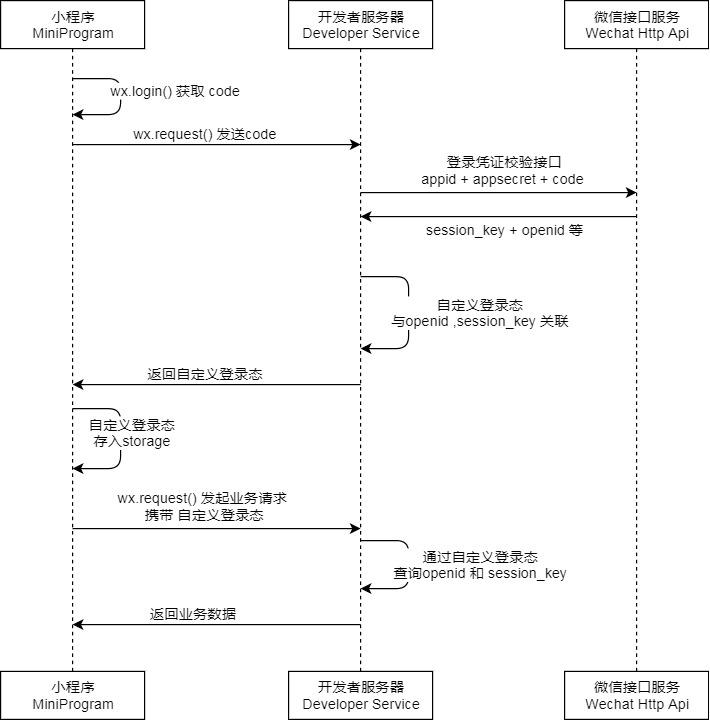最近工作中需要测试数据库的OLTP的性能,参考了下MariaDB的benchmark中的测试脚本,发现脚本中已经使用了Sysbench-0.5,可以在这里https://launchpad.net/sysbench 拉下来trunk,这就是传说中的0.5版本。
1. 编译安装
1 Shell>pwd
2
3 /home/nocode
4
5 Shell> bzr branch lp:~sysbench-developers/sysbench/0.5 sysbench
6
7 Shell> cd sysbench
8
9 Shell> ./autogen.sh
10
11 Shell> ./configure
12
13 Shell> make
14
15 Shell> sudo make install
2. 使用
1 Shell>pwd
2
3 /home/nocode/sysbench/sysbench
4
5 Shell>./sysbench --num-threads=1 --test=./tests/db/oltp.lua --oltp-table-size=1000 --oltp-tables-count=1 --mysql-host=127.0.0.1 --mysql-port=3306 --mysql-user=root --mysql-password= --mysql-db=test prepare
6
7 Shell>./sysbench --num-threads=1 --test=./tests/db/oltp.lua --oltp-table-size=1000 --oltp-tables-count=1 --report-interval=5 --mysql-host=127.0.0.1 --mysql-port=3306 --mysql-user=root --mysql-password= --mysql-db=test run
8
9 Shell>./sysbench --num-threads=1 --test=./tests/db/oltp.lua --oltp-table-size=1000 --oltp-tables-count=1 --mysql-host=127.0.0.1 --mysql-port=3306 --mysql-user=root --mysql-password= --mysql-db=test cleanup
3. Sysbench分析
这里可以看出来--test参数的值有所变化,在之前的版本,--test取值如下
Compiled-in tests:
fileio - File I/O test
cpu - CPU performance test
memory - Memory functions speed test
threads - Threads subsystem performance test
mutex - Mutex performance test
oltp - OLTP test
新版本的test的取值是lua脚本,我们看下test/db/下都有哪些脚本:
Shell>ls
common.lua Makefile.am parallel_prepare.lua update_index.lua
delete.lua Makefile.in select.lua update_non_index.lua
insert.lua oltp.lua select_random_points.lua
Makefile oltp_simple.lua select_random_ranges.lua
这些脚本大部分都是可以作为test的取值的,这就是新版本有别于之前版本的最大区别,我们可以自己定义lua脚本,
进行定制化的测试,而不需要去修改sysbench的代码,重新编译再进行测试。
我们首先看下common.lua,这个文件并非是测试文件,而是用于prepare和cleanup,当然还包括参数的读取。
先看下一下这个脚本里面的prepare:
1 function prepare()
2 local query
3 local i
4 local j
5
6 set_vars()
7
8 db_connect()
9 for i = 1,oltp_tables_count do
10 create_insert(i)
11 end
12
13 return 0
14 end
prepare函数调用create_insert函数来创建表并插入数据。cleanup函数用来DROP TABLE,如下所示。
function cleanup()
local iset_vars()for i = 1,oltp_tables_count do
print("Dropping table 'sbtest" .. i .. "'...")
db_query("DROP TABLE sbtest".. i )
end
end
下面我们看下oltp.lua文件,这里面有两个函数,一个初始化函数:thread_init,用于初始化每个线程的参数
function thread_init(thread_id)
set_vars()if (db_driver == "mysql" and mysql_table_engine == "myisam") then
begin_query = "LOCK TABLES sbtest WRITE"
commit_query = "UNLOCK TABLES"
else
begin_query = "BEGIN"
commit_query = "COMMIT"
endend
这个初始化函数主要是调用了common.lua里面的set_vars函数,来初始化oltp相关的参数,如oltp_range_size,oltp_sum_ranges等等,
这些参数都是用来控制一个T(Transaction)里面语句的类型和个数的。所谓的TPS值的高低也和这些值有关系,一个T的语句越少,越简单,
TPS的值就会越高,相反,如果一个T里面语句多,语句复杂,那么TPS必然降低。我们来具体看下每个事务执行哪些语句,这就是函数event做的事情。
我们看下这个函数里面的典型代码:
if not oltp_skip_trx then
db_query(begin_query)
endfor i=1, oltp_point_selects do
rs = db_query("SELECT c FROM ".. table_name .." WHERE id=" .. sb_rand(1, o ltp_table_size))
endfor i=1, oltp_simple_ranges do
range_start = sb_rand(1, oltp_table_size)
rs = db_query("SELECT c FROM ".. table_name .." WHERE id BETWEEN " .. rang e_start .. " AND " .. range_start .. "+" .. oltp_range_size - 1)
end
根据oltp_skip_trx来决定是否启用事务,然后根据oltp_point_selects来决定点查询语句的个数,oltp_simple_rannges来确定范围查询语句的个数。
4. 定制脚本
默认的sysbench在prepare的时候是使用的多行插入,而我的测试需要使用单行插入来完成初始化。
故这里需要对common.lua中的create_insert函数进行修改。需要添加一个参数oltp_bulk_insert来决定是否使用多行插入,
同时需要修改相应的INSERT语句,看下面的patch就一目了然了。
Shell>bzr diff
=== modified file 'sysbench/tests/db/common.lua'
--- sysbench/tests/db/common.lua 2011-12-01 19:43:29 +0000
+++ sysbench/tests/db/common.lua 2013-09-12 06:51:41 +0000
@@ -25,7 +25,7 @@
CREATE TABLE sbtest]] .. i .. [[ (
id INTEGER UNSIGNED NOT NULL ]] ..
((oltp_auto_inc and "AUTO_INCREMENT") or "") .. [[,
-k INTEGER UNSIGNED DEFAULT '0' NOT NULL,
+k INTEGER UNSIGNED DEFAULT '0' NOT NULL, KEY(k),
c CHAR(120) DEFAULT '' NOT NULL,
pad CHAR(60) DEFAULT '' NOT NULL,
]] .. index_name .. [[ (id)
@@ -58,14 +58,18 @@db_query(query)- db_query("CREATE INDEX k_" .. i .. " on sbtest" .. i .. "(k)")
+ if (db_driver ~= "mysql") then
+ db_query("CREATE INDEX k_" .. i .. " on sbtest" .. i .. "(k)")
+ endprint("Inserting " .. oltp_table_size .. " records into 'sbtest" .. i .. "'")- if (oltp_auto_inc) then
- db_bulk_insert_init("INSERT INTO sbtest" .. i .. "(k, c, pad) VALUES")
- else
- db_bulk_insert_init("INSERT INTO sbtest" .. i .. "(id, k, c, pad) VALUES")
+ if (oltp_bulk_insert) then
+ if (oltp_auto_inc) then
+ db_bulk_insert_init("INSERT INTO sbtest" .. i .. "(k, c, pad) VALUES")
+ else
+ db_bulk_insert_init("INSERT INTO sbtest" .. i .. "(id, k, c, pad) VALUES")
+ end
endlocal c_val
@@ -79,13 +83,21 @@
pad_val = sb_rand_str([[
###########-###########-###########-###########-###########]])- if (oltp_auto_inc) then
- db_bulk_insert_next("(" .. sb_rand(1, oltp_table_size) .. ", '".. c_val .."', '" .. pad_val .. "')")
+ if (oltp_bulk_insert) then
+ if (oltp_auto_inc) then
+ db_bulk_insert_next("(" .. sb_rand(1, oltp_table_size) .. ", '".. c_val .."', '" .. pad_val .. "')")
+ else
+ db_bulk_insert_next("("..j.."," .. sb_rand(1, oltp_table_size) .. ",'".. c_val .."', '" .. pad_val .. "' )")
+ end
else
- db_bulk_insert_next("("..j.."," .. sb_rand(1, oltp_table_size) .. ",'".. c_val .."', '" .. pad_val .. "' )")
+ if (oltp_auto_inc) then
+ db_query("INSERT INTO sbtest" .. i .. "(k, c, pad) VALUES(" .. sb_rand(1, oltp_table_size) .. ", '".. c_val .."', '" .. pad_val .. "')")
+ else
+ db_query("INSERT INTO sbtest" .. i .. "(id, k, c, pad) VALUES(" ..j.."," .. sb_rand(1, oltp_table_size) .. ", '".. c_val .."', '" .. pad_val .. "')")
+ end
end
+
end
-
db_bulk_insert_done()
@@ -150,4 +162,10 @@
oltp_skip_trx = false
end+ if (oltp_bulk_insert == 'off') then
+ oltp_bulk_insert = false
+ else
+ oltp_bulk_insert = true
+ end
+
end
5. 小结
sysbench-0.5使用脚本来决定测试语句,比之前在代码里写死测试更加方便用户修改和使用,不需要去修改源程序,只需要修改相应的lua脚本,
即可定制不同的测试用例,真心不错。











 京公网安备 11010802041100号
京公网安备 11010802041100号